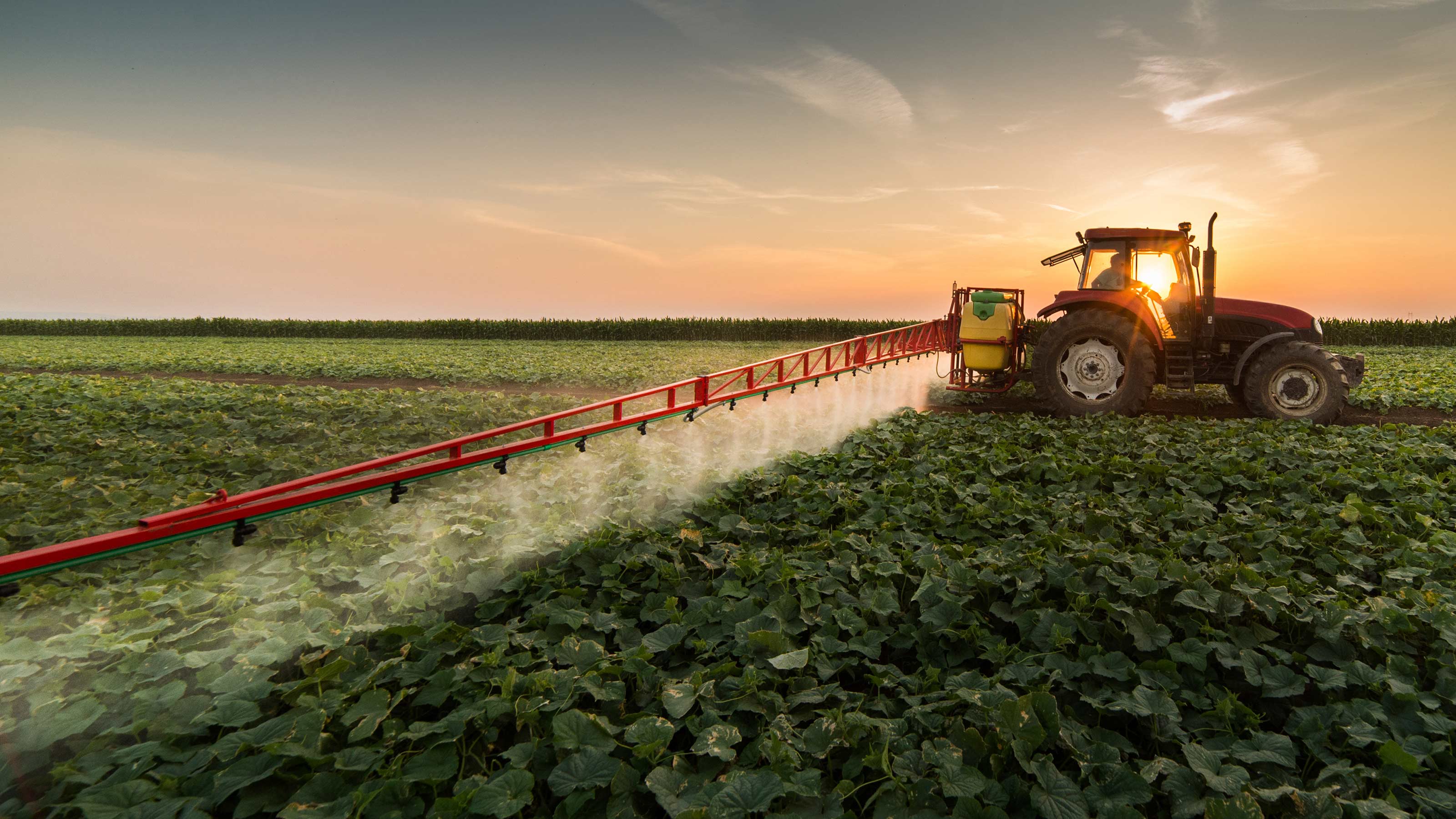
Per- and polyfluoroalkyl substances (PFAS) are human-made chemicals that were introduced in the 1940s. PFAS are used to create a variety of products including water-resistant clothing, non-stick cookware, and firefighting foams.
Unfortunately, PFAS can have negative effects on health, including increases in cholesterol levels and changes to liver function. Using PFAS-containing products can lead to their presence in the treated wastewater and treated sludge (referred to as biosolids). When grown on biosolid-amended farmland soils or irrigated with treated wastewater, crops can bioaccumulate PFAS. The PFAS-accumulated crops can be consumed directly by the public or indirectly by farm animals, resulting in PFAS in our food supply and creating a public health concern.
Dr. Kung-Hui (Bella) Chu, a professor in the Zachry Department of Civil and Environmental Engineering and her co-investigator, Dr. Libo Shan, a professor at the University of Michigan, have received $1.6 million in funding from the Environmental Protection Agency to research PFAS mitigation and monitoring techniques.
“The main outcome of this project will be to empower agricultural communities and wastewater professionals with an increased ability to manage PFAS risk associated with the beneficial uses of biosolids and reclaimed water,” said Chu.
In 2021, the US generated approximately 4.5 million dry metric tons of biosolids, with 25% used for agricultural application. In 2018, approximately 1.5 million acres of agricultural land in the United States were irrigated with recycled or reclaimed water to address the water scarcity concern. Land applications of biosolids and recycling water is economically beneficial; however, the potential for PFAS contamination creates concerns over the safety of these practices. The ability to accurately monitor and mitigate PFAS has the potential to reduce the contamination risk, allowing these beneficial uses to become safer, more common practices.
“Our long-term goal is to comprehensively understand PFAS uptake and bioaccumulation in plants across various nutrient conditions, to advance strategies for PFAS remediation in biosolid/soil, minimize PFAS uptake by plants, and develop real-time monitoring tools for PFAS in biosolids, biosolid-amended soils, and irrigation water,” said Chu.